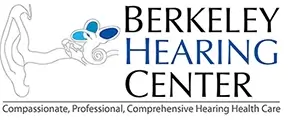
A Comprehensive Evaluation of Your Functional Hearing Health
Alongside our diagnostic tests, we now offer evaluations of your ease of listening, speech recognition, and more to help you understand your hearing health – and how you can enrich it further.
Hearing involves not only information going from the ears to the brain but information going from the brain to your ears as well.
Hearing is intrinsically tied to cognition: next time you hear a noise and know what it is, that’s your functional hearing at work! A functional hearing assessment will give you a strong understanding of how your hearing works for you in spaces where it could struggle, like loud events with background noise.
Schedule a Functional Hearing Evaluation
Curious to find out how well your hearing functions in real-world applications? We’re open to new appointments for our functional hearing assessments!
Contact us using the adjacent form to get in touch with one of our doctors of audiology.







